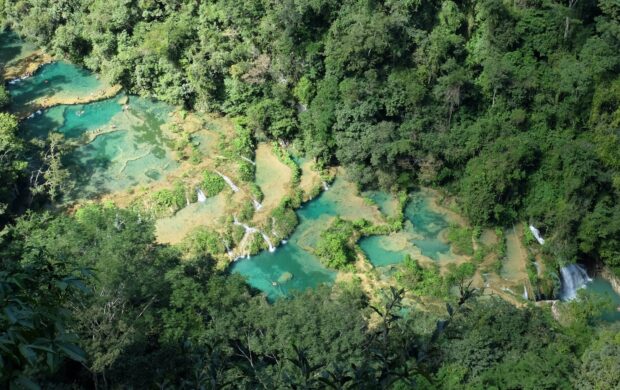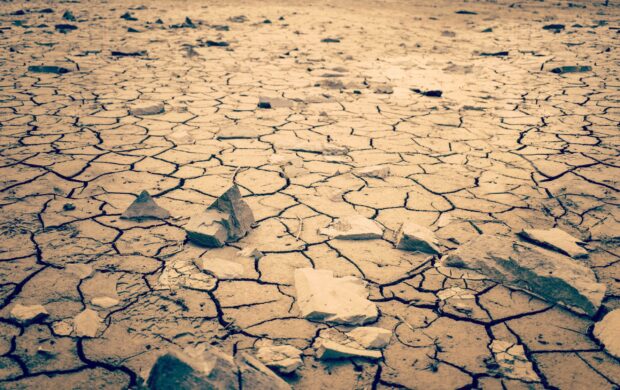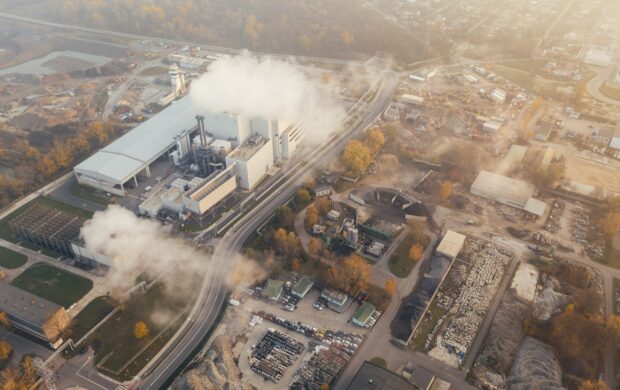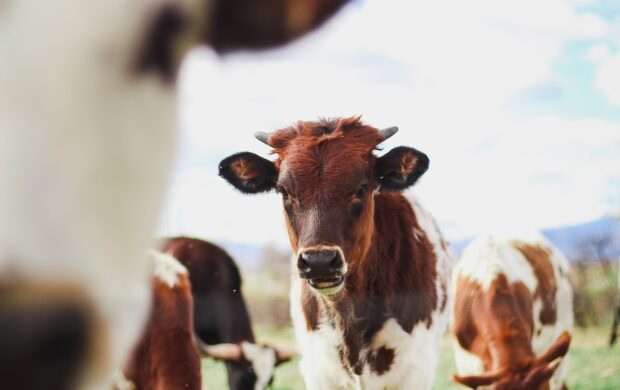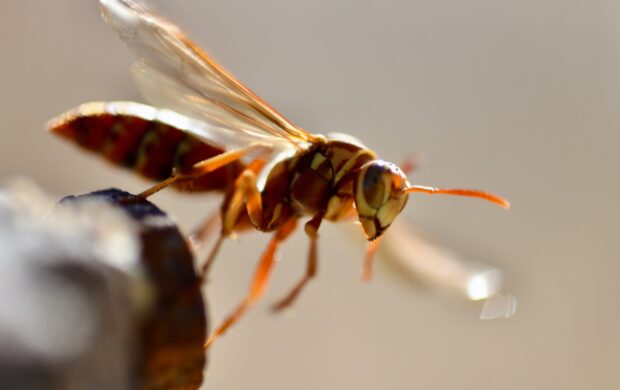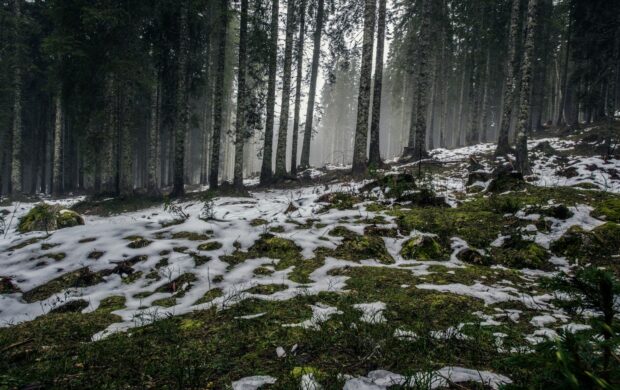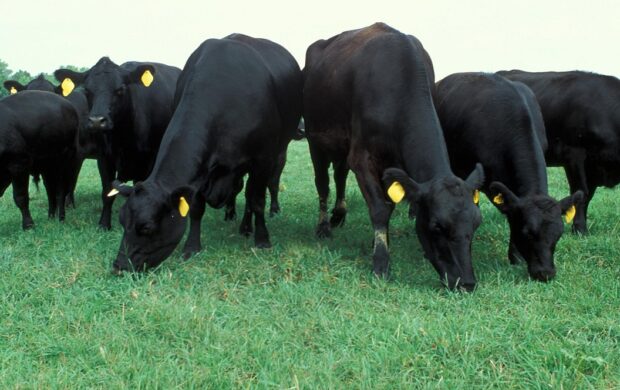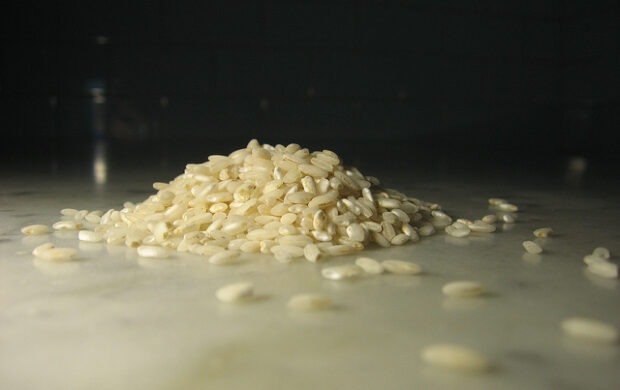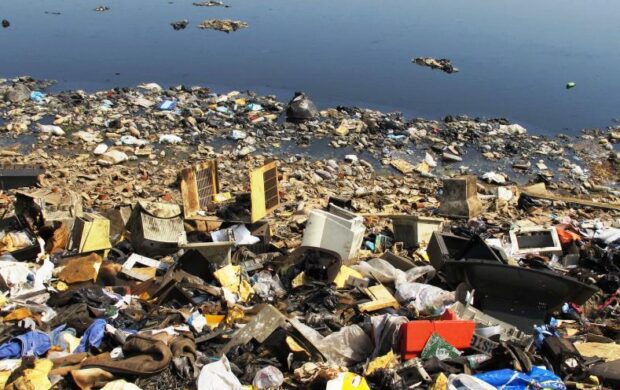Microscopic bacterial particles couched in clouds have been found to catalyze rainfall. To make it rain, clouds ordinarily have to first form ice crystals, however pure water droplets stubbornly remain liquid in temperatures as low as -40°C in the atmosphere.
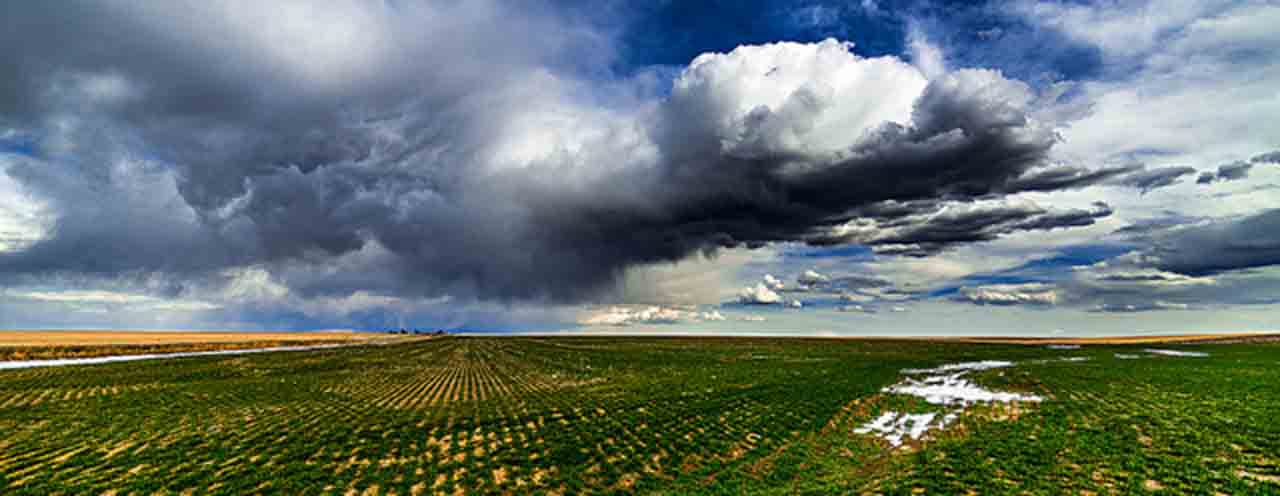
“It has long been a paradox that lots of ice-containing clouds form at temperatures warmer than –15 °C,” says Brent Christner, a researcher at the University of Florida in Gainesville. “We now think that bacteria may be at least part of the explanation.”
In the 1970s pseudomonas syringae was discovered, otherwise known as an “ice nucleator”, which employs membrane ice-nucleation proteins (INPs) to form ice crystals at relatively high temperatures. Whilst investigating a persistent wheat blight in Montanta in 1978, scientist David Sands captured these ice nucleators in a petri dish midflight, leading him to develop a theory that rainfall may be born from bacteria – naming the process bioprecipitation. However atmospheric scientists at the time did not give the notion much credence, preferring to focus instead on the role of minerals in dust.
Bioprecipitation remained a fringe theory until recent research awoke interest in the atmospheric microbiome. These are the bacteria and fungi carried into the sky by clinging to soil and dust particles, as well as microscopic phytoplankton launched into the atmosphere by breaking sea waves. The atmospheric microbiome’s role in regulating rain and snowfall is now being unravelled; raising hopes that clouds might be persuaded to precipitate at our convenience.



